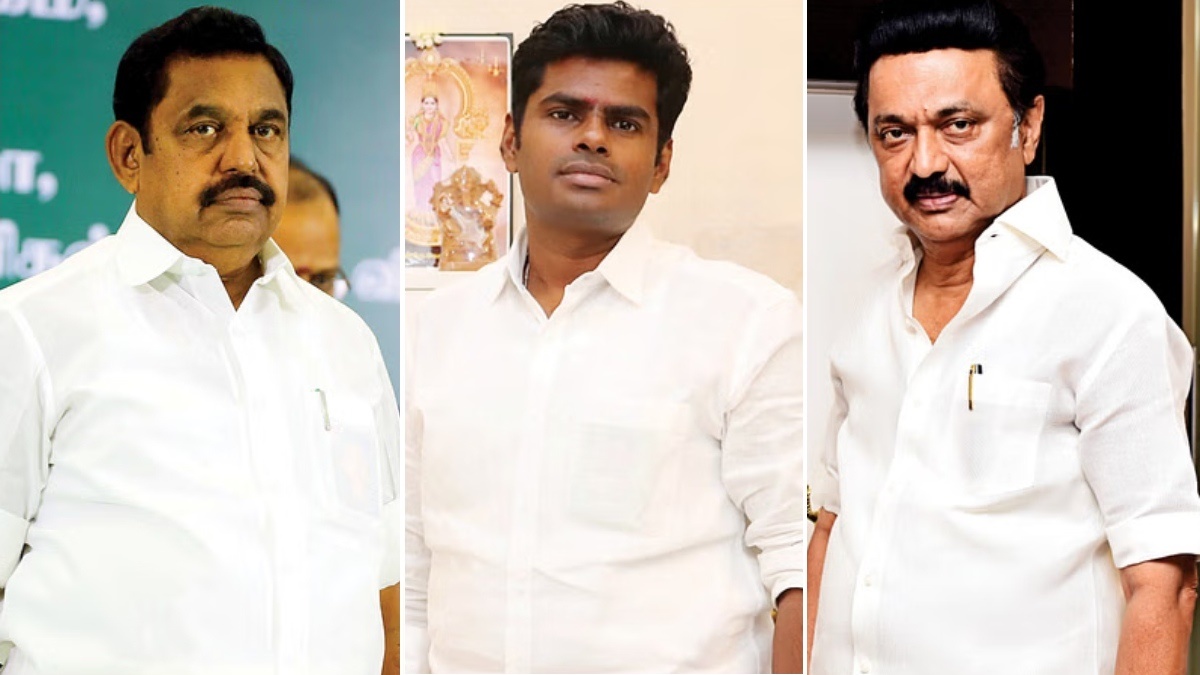India still booming but budget care urged, IMF says
WASHINGTON, Feb 22 (Reuters) The International Monetary Fund on Tuesday said it expects India's booming economy to accelerate slightly in the current fiscal year but urged the government to rein in a budget deficit which was set to rise again for the first time in four years.
In its annual review of India's economy, the IMF forecast gross domestic product growth to 7.6 percent in the fiscal year ending March 2006, marking a third consecutive year of growth in excess of 7.5 percent.
The Fund said it expected the weight of high world oil prices and rising interest rates at home and abroad to see some slowing of the expansion to about 7 percent in fiscal 2007.
''India is increasingly opening its economy and reaping the benefits of globalization,'' Wanda Tseng, Deputy Director of the IMF's Asia and Pacific Department, told a conference call.
''We in the IMF focussed our discussion this year with India on how to ensure that the growth momentum can be sustained and even accelerated over the medium term and how to manage the short term risks associated with rapid growth.'' The IMF urged India to return quickly to cutting the general government budget deficit, which the Fund forecast will rise in the 2006 fiscal year to 7.7 percent of GDP from 7.4 percent previously, after a planned ''pause'' in the consolidation process following three years of steady decline.
It also said tighter fiscal policy could help counter rapid growth in domestic demand, which was sucking in imports, boosting the country's trade deficit and helping fuel underlying inflation pressures.
''The upcoming 2006/07 budget presents an opportunity for the government to make a strong statement about its intention to accelerate fiscal adjustment and to do so in a way that supports growth,'' Tseng said.
India's coalition government will on Feb. 28 present its latest budget for the year ending March 2007.
TAX REFORM URGED The IMF said continued tax reform will be critical if the government is to achieve its deficit reduction target and raise spending on much-needed infrastructure and social services.
It said a further broadening of their tax base was necessary and options discussed with Indian officials included broadening the corporate income tax base by trimming existing exemptions and also reforming the personal income tax.
The Fund urged more effective government spending and advised improved targeting of subsidies to the most needy. This would include allowing more of the rise in world oil prices to pass through to the private sector, with the proviso that measures to shield the very poor remain in place.
The report said India's inflation rate remained contained but strong domestic demand and high oil prices meant there were ''upside risks'' and the Reserve Bank of India should focus on keeping inflation expectations in check.
Wholesale price inflation was expected to ebb to 4.7 percent in the current fiscal year from 6.4 percent previously, but consumer price inflation was set to jump to 4.5 percent from 3.8 percent.
Pricey energy imports and buoyant internal demand were also sucking in imports and boosting the trade deficit, the IMF said. It forecast India's current account gap would rise to 3.0 percent of GDP in fiscal 2006 from 0.9 percent previously.
The IMF said strong portfolio inflows, India's foreign reserves of some 0 billion and continued capital controls limited risks involved with this widening external balance but it warned that foreign direct investment flows remained weak.
The Fund also said returning to the path of budget deficit cuts was important in sustaining the private foreign capital inflows that help cover the current account shortfall.
''Some directors cautioned that markets might interpret the pause in deficit reduction in the current fiscal year as a weakening of the commitment to reform,'' the report said.
Meantime, the IMF said India should also accelerate long-term structural reforms and infrastructure spending to make the most of the current optimistic economic environment and should cement its integration into the world economy by lowering further its relatively high tariff barriers to trade.
It also urged a loosening of sectoral limits on foreign direct investment and called for more flexible labour laws.
''India appears to poised to grow rapidly in the future but such an outcome is by no means assured,'' said Tseng, adding an expansion of the country's manufacturing sector was a key medium-term goal.
''One of the critical challenges facing India is how to further develop manufacturing in order to create jobs for the more than 100 million people set to join the labour force in the next decade.'' Reuters SI DB1009


 Click it and Unblock the Notifications
Click it and Unblock the Notifications




